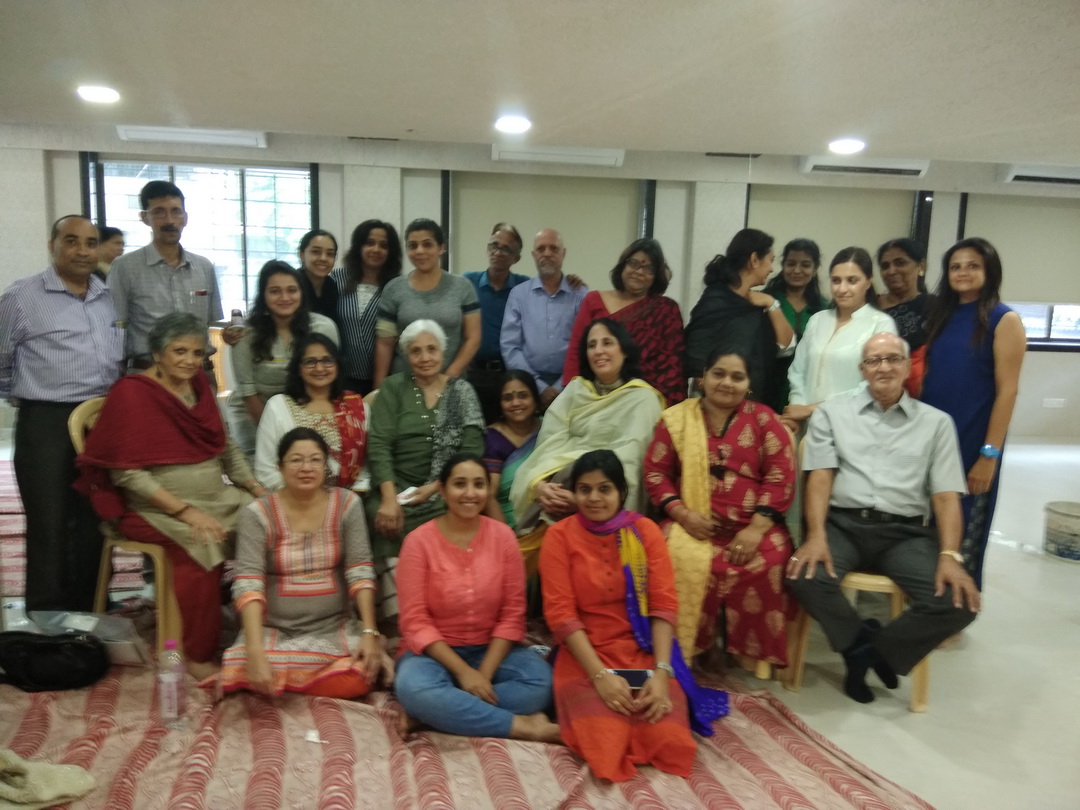Dear Maasi is a column about everything you wanted to know about sex and relationships but were afraid to ask! It’s a partnership between Sahiyo and WeSpeakOut, and is for all of us who have questions about khatna (female genital mutilation/cutting or FGM/C) and how it impacts our bodies, minds, sexualities and relationships. We welcome you to submit your anonymous questions.
Dear Maasi,
In many Bohra families, sex is seen as a duty that a woman performs. To even have conversations about your own pleasure is so difficult. When I talked about khatna and its impact on sexuality, my mother asked me, “Why are you the only one who has a problem with this?” My question is how do you articulate this need to not just want to submit?
—Anonymous
Dear Anonymous,
You’re addressing two powerful taboos—talking about sex and questioning women’s role in sex. Good for you!
I think that sex-negativity and misogyny are pervasive and global, and not limited to Bohras. In other words, all around the world sex education is dismal or non-existent, and women and non-binary people learn that sex is shameful, not to be discussed, and not for our own pleasure. In a heterosexual context, we learn that sex is to be “given up” for male partners, and only after marriage.
Khatna, a form of female genital cutting and sexual trauma that is secretive and intergenerational, reinforces these ideas. I can see how it would be challenging to talk to your mother, especially if she hasn’t considered and challenged outdated notions about sexuality.
If I were in your kitchen with you and your mom when she asked this question, I might coach you to say something like this:
“But mom, it’s not just me. I’m not the only one who is questioning this. I know this might be uncomfortable for you, but I encourage you to think more deeply about how khatna impacts us.”
If she’s open to hearing more, you might share some research:
—In a Sahiyo survey conducted in 2017, 35% of respondents reported that FGC had affected their sex life, and of those, 87% felt that it had been impacted negatively.
—In a 2018 WeSpeakOut study, nearly 33% of respondents said the same.
You might also share your personal experiences with her, but beware that learned sex-negativity can lead people to be judgemental, and Anonymous, you don’t need that. Seek out friends and others who might be supportive. Watch survivor stories.
It’s also good to correct our own sex misconceptions by collecting as much sexual health information as possible. I highly recommend Come As You Are, a book by Emily Nagoski, and Sex With Dr. Jess, a podcast that offers practical sex advice combined with good psychotherapeutic knowledge. In my last column I also recommended the Sex Gets Real podcast episode in which activist and writer Mariya Karimjee discussed her research and personal experiences with sex and dating. My recent novel, Seven, takes up issues of Bohra women’s sexuality, including infidelity, lack of orgasms, and khatna, and there’s even a scene where my protagonist tried to talk to her mother about sex.
Knowledge is power, Anonymous. And with that knowledge, you’ll be able to articulate—to yourself and others—why it’s our birthright to experience sexual pleasure.
—Maasi
About Maasi, aka Farzana Doctor:
Farzana is a novelist and psychotherapist in private practice. She’s a founding member of WeSpeakOut and the End FGM/C Canada Network. She loves talking about relationships and sexuality! Find out more about her at http://www.farzanadoctor.com
Disclaimer:
While Farzana is full of good advice, this column won’t address everyone’s individual concerns and should not be used as a substitute for professional medical or psychological care.








